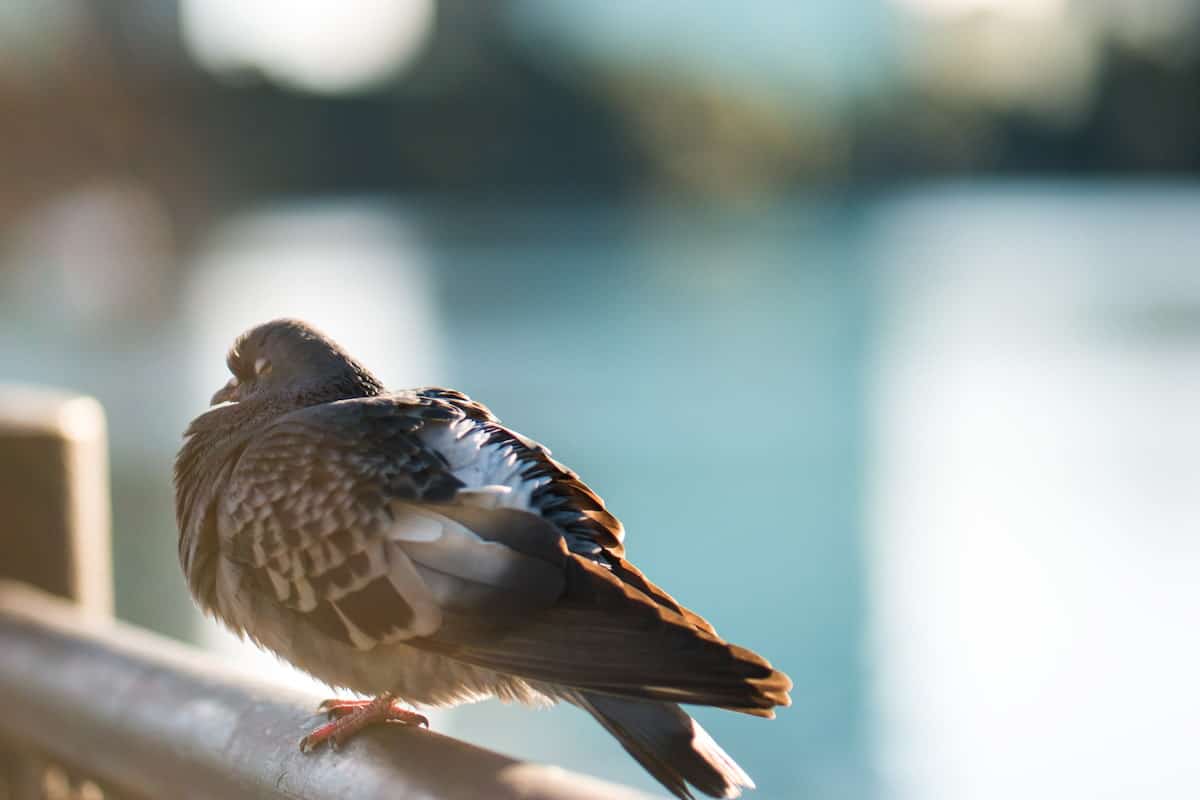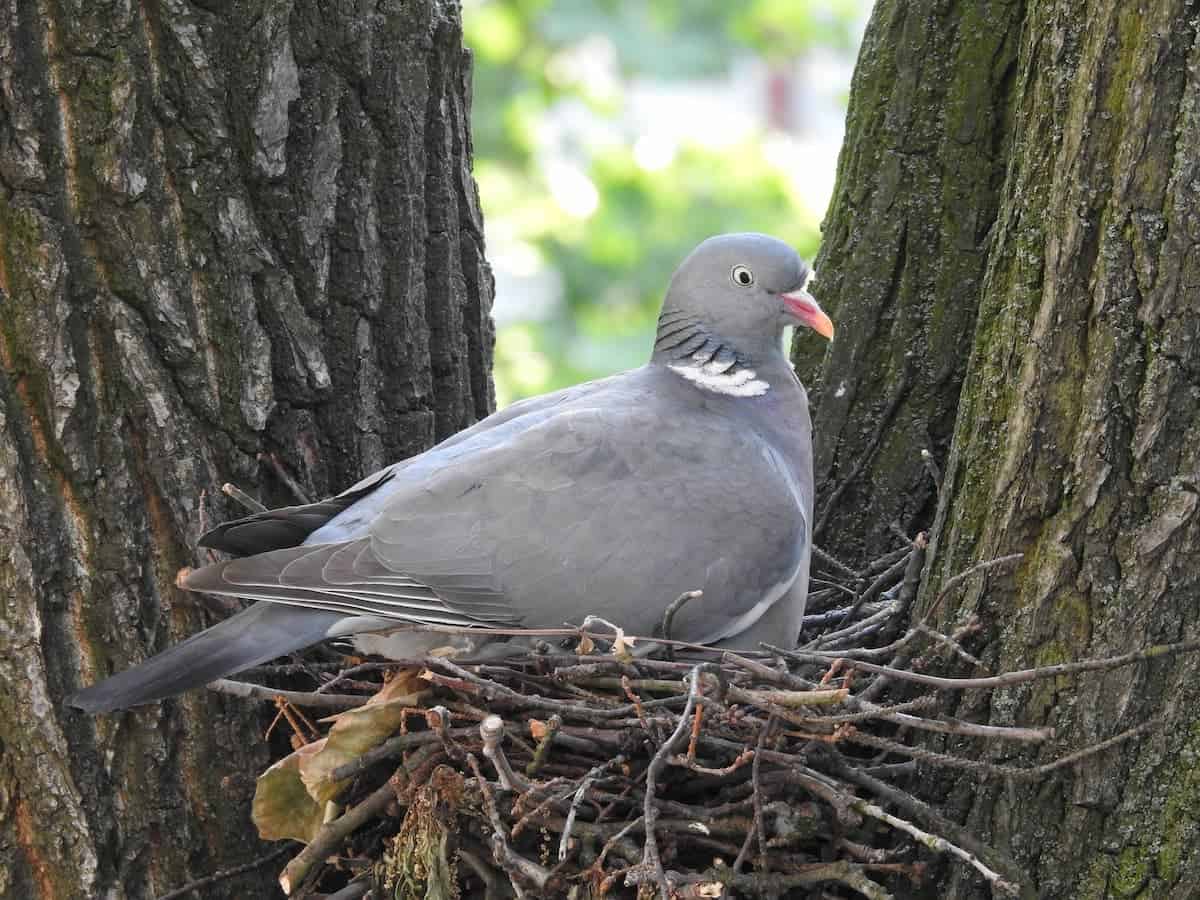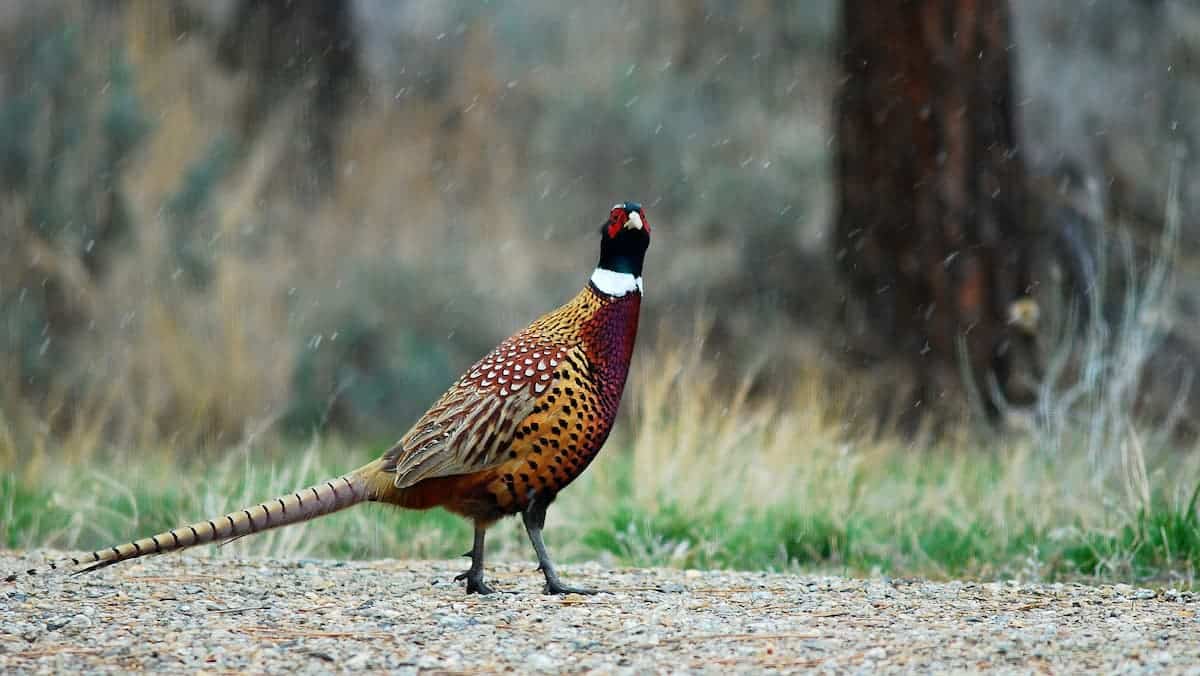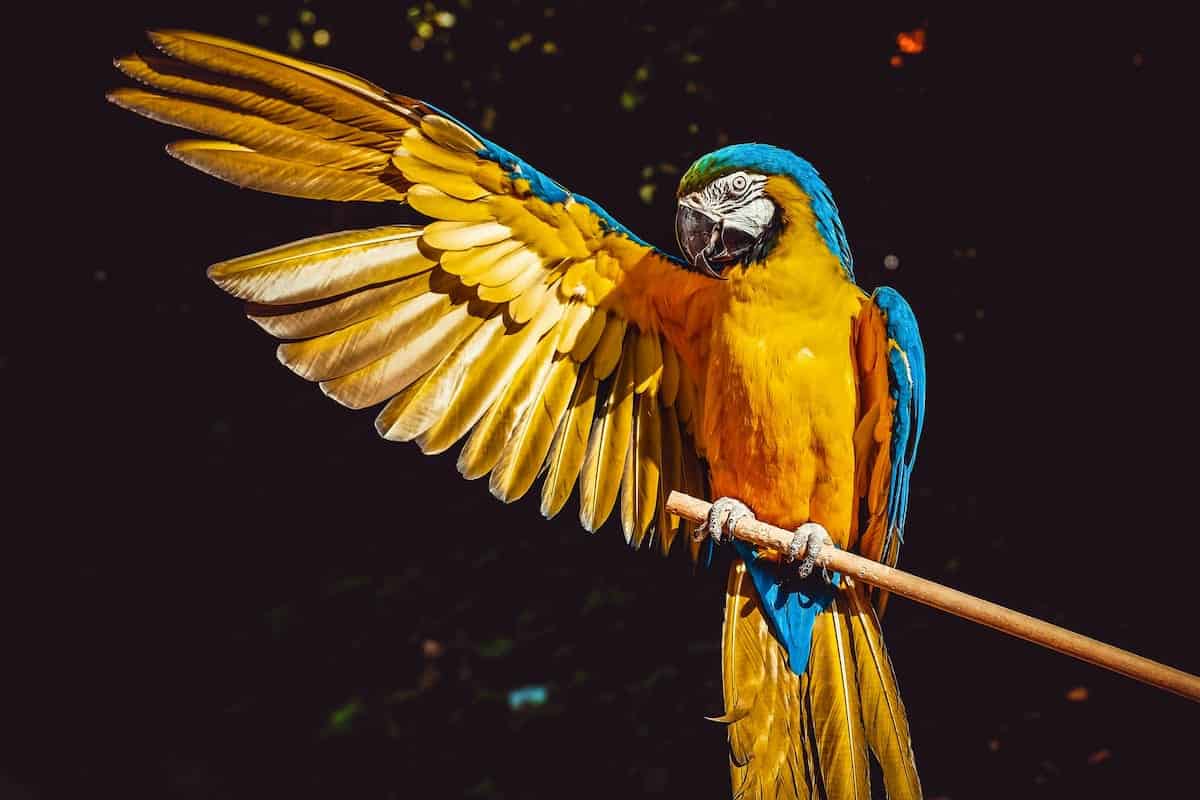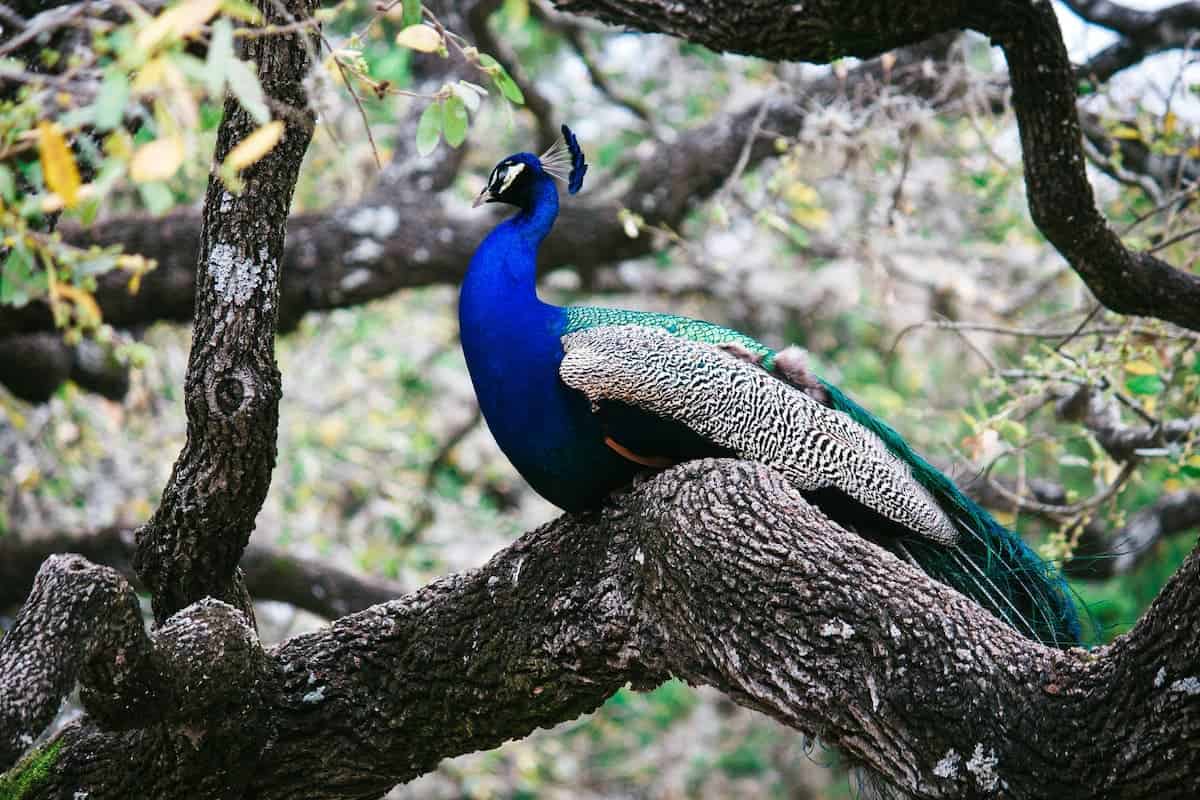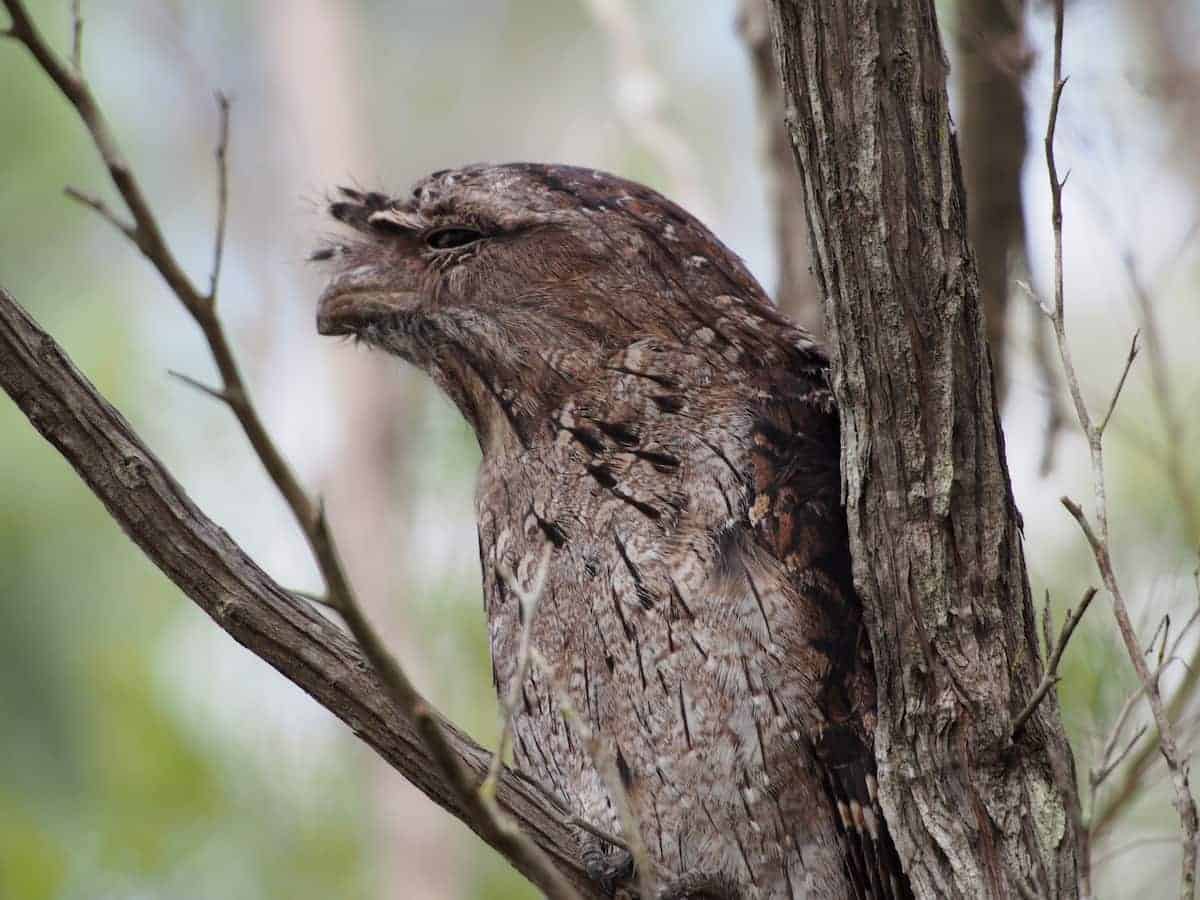Pigeons are one of the bird breeds most people know, and some use them to fly races. Maybe you have seen pigeons sleeping on one leg or with one eye open. Others might have seen a pigeon sleeping on the ground. Do pigeons sleep or only rest their eyes, and do all these factors impact their quality of sleep?
The Sleeping Routine Of Pigeons
Pigeons are diurnal birds, meaning they sleep at night and are awake during the day. Pigeons sleep on average 10 hours a day. Like humans, they have a dreamless sleep (NREM) and dream sleep (REM). NREM is the lighter sleep, and REM is a deep sleep that leads pigeons, and humans, to feel rested.
They typically follow the daylight; thus, they will go to sleep after sunset and rise at dawn, giving them a 10 to 12-hour sleep window. In winter, they will get more than 10 hours of sleep when the days are shorter.
Sleeping at night time is poor night vision, and flying in the dark might become a problem for them. Suppose you see pigeons awake at night; this might mean that either a street light or someone’s porch lights tricked them into thinking the day has arrived, or they might have felt endangered.
Not all pigeons, but some will nap now and again during the afternoons. A study shows that when they prohibited the pigeons from napping, their REM sleep at night was better, meaning they caught up on lost sleep.
Do The Way Pigeons Sleep Affect The Quality Of Sleep?
The different ways pigeons sleep are not to be funny or for a specific reason. Like humans, they prefer a certain way or change as they feel more comfortable. One way they sleep is sitting down on their underside, compressing their bodies together (cozy), and pulling their necks in. They can also tuck in their head under one wing, whichever way they prefer.
Another way you might have seen them sleep is standing on one leg while they pull the other up into their feathers. They are not sleeping on their leg but their front toe. That toe locks in, and the comfort takes over. This method cools their upper bodies, reduces cholesterol and diabetes, and lowers their blood pressure.
Neither of the two sleeping ways mentioned interferes with the quality of sleep the pigeons get. It is more than a preference rather than a deal breaker for better sleep.
During the daytime, pigeons might use their uni-hemispheric slow wave sleep style, meaning they sleep with one eye closed. The wiring of their brains is so that they can shut one part down while the other is still awake. This type of sleeping will cause them to get the NREM sleep in, but not REM, as one side of the brain is awake.
Do The Place Pigeons Sleep Matter?
Pigeons don’t sleep in their nests. Their nests are only for laying eggs and keeping the babies warm and safe. Pigeons like to sleep perched up on something high. They feel safer, and a study showed that their sleep quality was also better.
You might occasionally see a pigeon sleep on the ground if they couldn’t find another place. Ground sleeping is relatively uncommon in pigeons, as there are night-time ground mammals that might be a threat to them. They will not get the proper sleep they need when sleeping on the ground, as they need to be alert for the danger that might lurk around the corner.
What Factors Impact The Sleep Quality of Pigeons?
Research shows that artificial light, or light pollution, can impact the sleep quality of pigeons. The study used white light and amber light (supposed to be better), but in pigeons, either one showed that it impacted a pigeon’s REM (dream phase) sleep.
Another factor that impacts the sleep quality of pigeons, especially those you have in a cage or as flight competition birds, is the height of the perch.
A study tested the theory by letting the pigeons sleep on the higher perch one night and a lower one the second night. On the third night, they slept on the higher one again, and the sleep phases (NREM and REM) differed immensely. The study showed that they prefer and feel safer on a higher perch leading to better sleep.
Do Race Pigeons Sleep?
The owners place their racing pigeons in baskets, and the competition officials transport them to the set-off point. They release the pigeons simultaneously, and the race begins to find out which pigeon returns home the first. Time is of the essence, and some wonder if these birds take a nap or three along the way.
Pigeons can fly between 500 to 800 miles before stopping, but they will stop if they need a rest. They use the earth’s magnetic fields and the sun to find their way back home. The elimination of the sun makes it challenging to find their way at night, and their night vision is not that great.
An interesting fact is that pigeons can use their uni-hemispheric sleep style while flying. They are flying with one eye open and will still get some rest. This method is helpful when flying over the ocean and not having anywhere to stop for a rest.
Pigeons can catch up on lost sleep by sleeping at a later time and spending more time in their deeper REM sleep phase. Catching up on sleep is why the recovery of race pigeons is essential for the pigeon’s health and well-being.
Where Do Pigeons Sleep?
You will likely find pigeons roosting in the branches of trees or within large bushes if you are in a rural area, taking advantage of the protection provided by the dense foliage against both predators and the weather. Pigeons that live near coastal areas are also happy to roost on cliff sides as they provide good protection from predators as well.
Want to learn more about Where Do Pigeons Sleep click the button below
Conclusion
Pigeons sleep at night, and their sleep cycles are pretty close to those of humans. They will be high up on roofs, high buildings, or trees to ensure a warm and safe atmosphere for quality sleep. Leave it be when you see a pigeon with a ring or two on its leg taking a nap in your garden. He might be the next world champ and only need to rest for a while.
